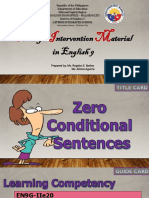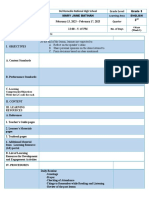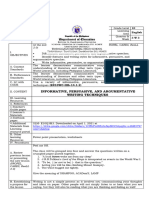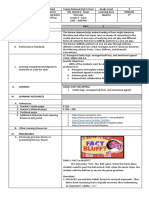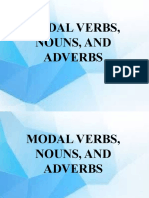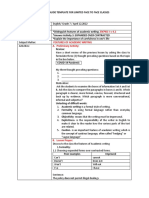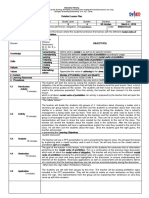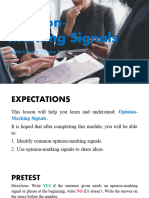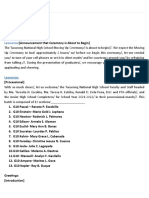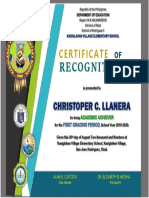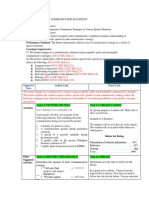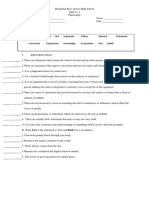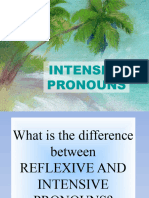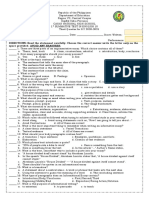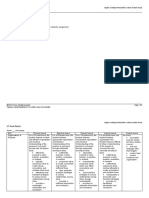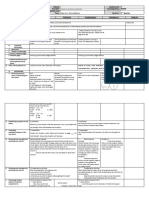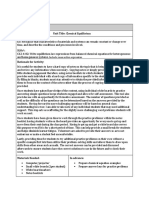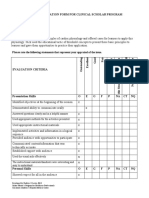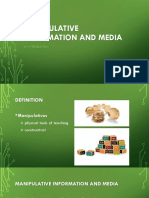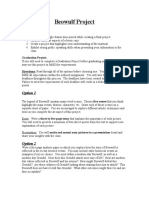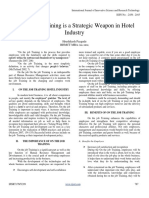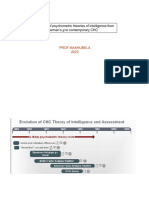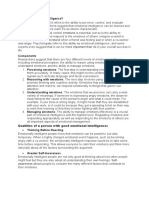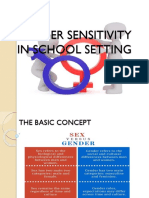0% found this document useful (0 votes)
139 views19 pagesLesson 5. Use Conditionals in Expressing Arguments.
1. The document discusses different types of conditionals and how to use them to express ideas and arguments.
2. It explains zero conditionals, which refer to things that are always or generally true, and first conditionals, which refer to future events that are likely to happen.
3. Examples are provided to illustrate zero conditionals using the present tense in both clauses and first conditionals using the present tense in the if clause and future tense in the result clause.
Uploaded by
Ellie HatakeCopyright
© © All Rights Reserved
We take content rights seriously. If you suspect this is your content, claim it here.
Available Formats
Download as PDF, TXT or read online on Scribd
0% found this document useful (0 votes)
139 views19 pagesLesson 5. Use Conditionals in Expressing Arguments.
1. The document discusses different types of conditionals and how to use them to express ideas and arguments.
2. It explains zero conditionals, which refer to things that are always or generally true, and first conditionals, which refer to future events that are likely to happen.
3. Examples are provided to illustrate zero conditionals using the present tense in both clauses and first conditionals using the present tense in the if clause and future tense in the result clause.
Uploaded by
Ellie HatakeCopyright
© © All Rights Reserved
We take content rights seriously. If you suspect this is your content, claim it here.
Available Formats
Download as PDF, TXT or read online on Scribd
/ 19







